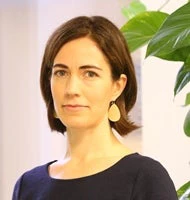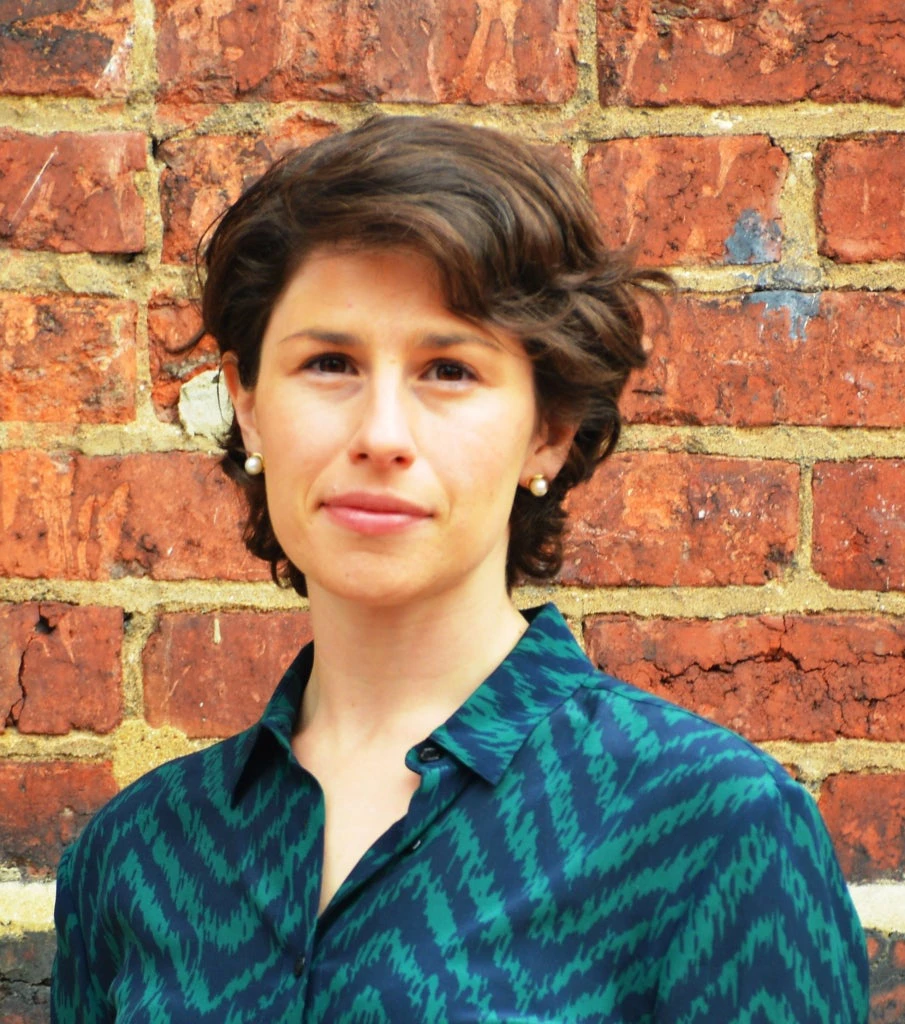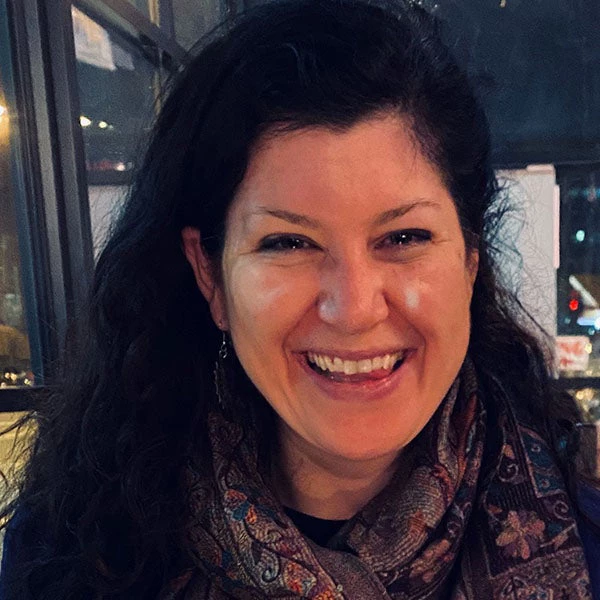 Quality Early Learning: Nurturing Children’s Potential makes the case for more and better investments in early childhood education. Copyright: World Bank
Quality Early Learning: Nurturing Children’s Potential makes the case for more and better investments in early childhood education. Copyright: World Bank
Quality early childhood education (ECE) is one of the most important investments societies can make to help children build strong foundations that will support a lifetime of learning. This summer, we launched the World Bank’s new volume Quality Early Learning: Nurturing Children’s Potential, which makes the case for more and better investments in quality ECE to make the most of its enormous potential. The volume distills the evidence on the best ways to support a child’s early learning, bringing together insights from renown researchers and implementation experts across multiple disciplines—including neuroscience, psychology, education, and economics—on what it takes to deliver the critical elements of quality ECE at scale in low- and middle-income countries.
Why focus on quality in ECE?
Access to ECE has increased dramatically in the past decade. Today, 62 percent of children are enrolled in ECE worldwide up from 33 percent in 2000. But this expansion in access has not been consistently accompanied by investments to ensure sufficient quality of that service provision. And as the deep learning crisis that many low- and middle-income countries (LMICs) face today has taught us, access to school without adequate quality does not lead to learning. Today, an estimated 70 percent of 10-year-old children in LMICs are living in “learning poverty,” unable to read and understand a short text.
This learning poverty often starts early in children’s lives, with approximately 43 percent of the world’s under-five population at risk of not reaching their developmental potential, due to the debilitating effects of poverty and malnutrition. The COVID-19 pandemic has only added to the challenge, hitting the youngest children particularly hard, limiting access to learning opportunities and exacerbating deprivations that affect their development, including increased poverty rates and food insecurity, reduced access to basic health care, and increased levels of stress and violence.
Quality ECE has the potential to address developmental gaps and set children on strong learning and developmental trajectories. Young children have enormous capacity to learn during their early years, a fact that should be nurtured and harnessed through investments to ensure children’s early years are filled with high-quality, joyful learning experiences. Getting this right early—both in the early years of children’s lives and in the early years of setting up an ECE system—is much easier than fixing problems later.
What policy implications can we take from the new volume?
The latest QEL volume highlights four central policy implications.
First, five key ingredients derived from the science of how young children learn underpin impactful ECE programs: 1) effective curriculum and pedagogy; 2) high-quality training opportunities to upskill the ECE workforce, including teachers and ECE leaders; 3) pedagogically intended learning environments; 4) effective monitoring and quality assurance systems; and 5) systems to scale up services that deliver quality early learning.
Second, in the short-run, countries should act fast to prioritize investments that boost child learning. This prioritization depends on countries’ starting points in terms of coverage and quality, but typically includes improving the capacity of the existing ECE workforce, adopting age-appropriate pedagogy, and ensuring safe and stimulating learning spaces. These investments do not need to be very expensive or complex to improve quality in the classroom. Many countries have a unique window of opportunity now to establish quality ECE while access is still relatively low, as well as to build systems that can ensure quality as ECE access grows.
Third, quality ECE at scale is built progressively, and it requires planning, multiple investments, and numerous adjustments through iteration and adaptation. Expanding ECE with quality entails a continuous cycle of assessment, design, implementation, evaluation, and adjustment. Through this iterative approach, countries can learn about what works in the local context and adapt accordingly, guiding the growth and consolidation of the ECE system towards quality early learning at scale. Monitoring and quality assurance systems are essential to sustain this learning feedback loop.
Finally, investments to improve quality ECE should be accompanied by policies and programs across sectors that boost and support early learning in home and community environments. The home environment plays an instrumental role in shaping children’s developmental trajectories and child learning. To help realize children’s potential, quality ECE programs should be accompanied by investments to boost parental engagement and the availability of learning resources in the home. Public learning spaces and resources in the wider community that supplement the school and home learning environments should also be promoted and supported to increase learning resources and opportunities to all children.
We hope that this volume helps inform investments in ECE to promote more early learning and higher developmental trajectories for children around the world.
Quality Early Learning: Nurturing Children’s Potential is available in English, and briefs that provide an overview of each chapter’s key messages are available in English, Arabic, French, Portuguese, and Spanish, online at this link.
For those who missed it, the recording of the launch, featuring guest panelists Ben Piper (Bill and Melinda Gates Foundation), Hiro Yoshikawa (NYU), Secretary General Khady Diop Mbodji (Senegal), Minister Mauricio Pineda (El Salvador), moderated by Sarah Bouchie (LEGO Foundation), can be found here.





Join the Conversation